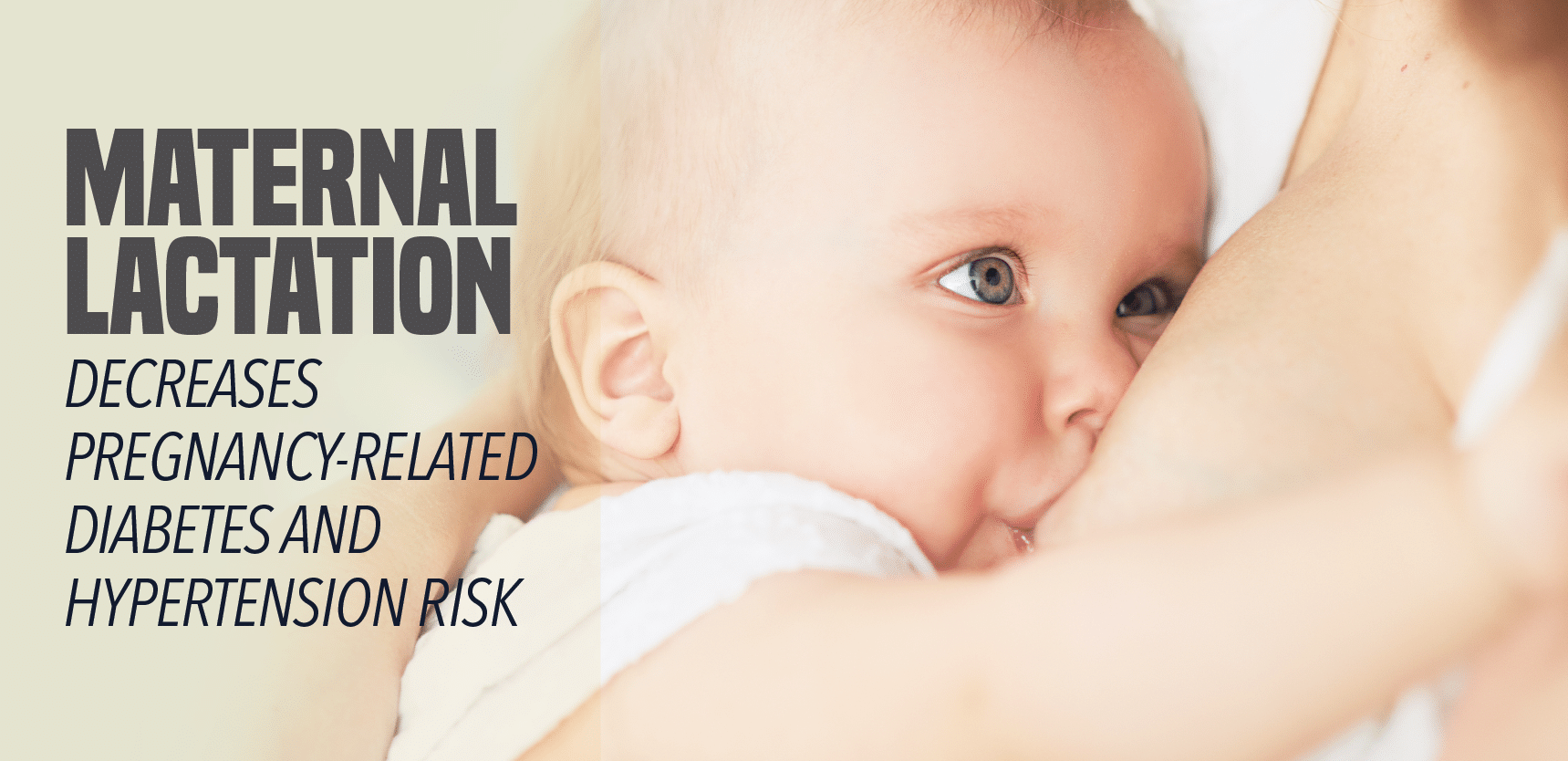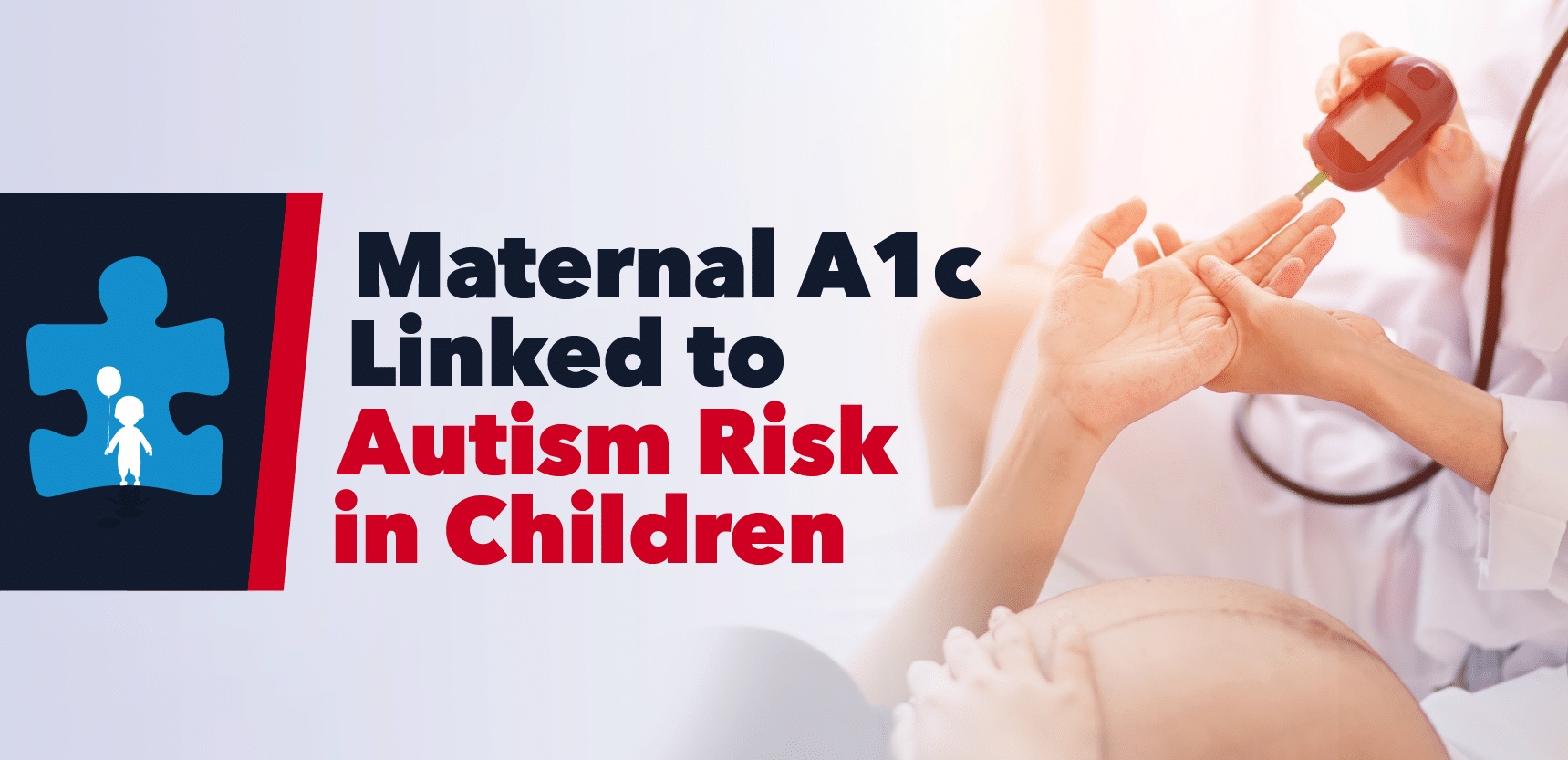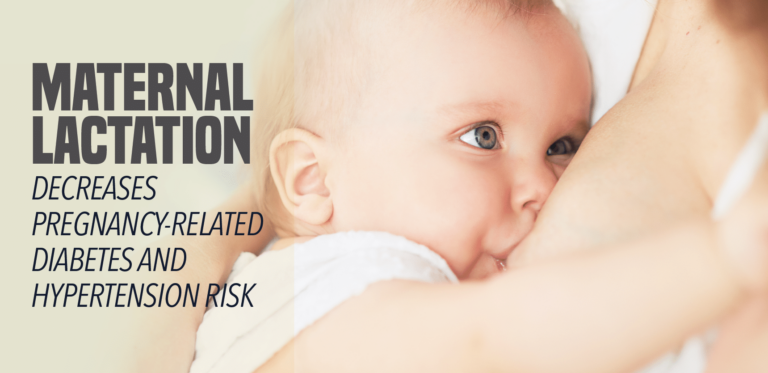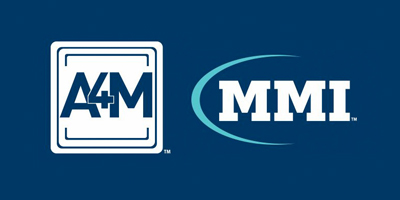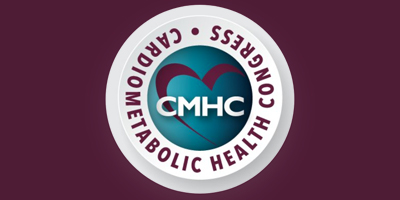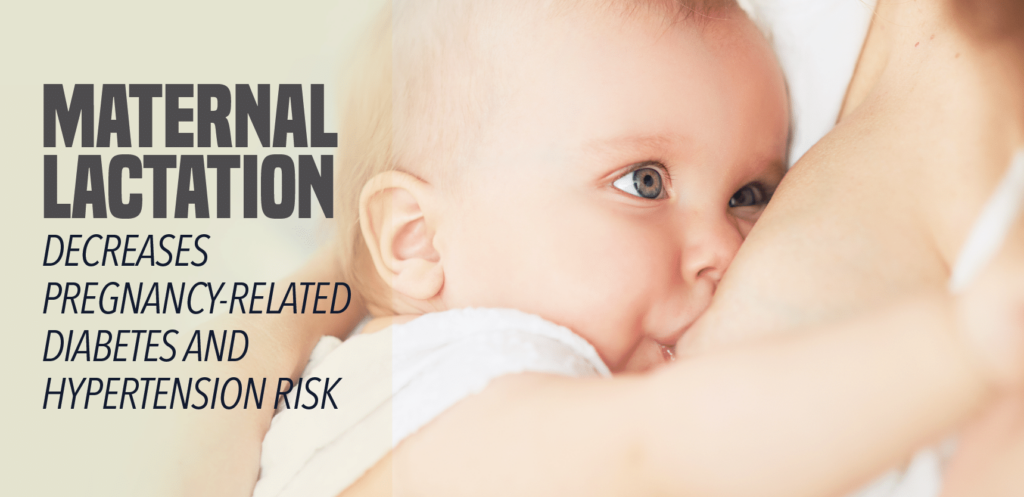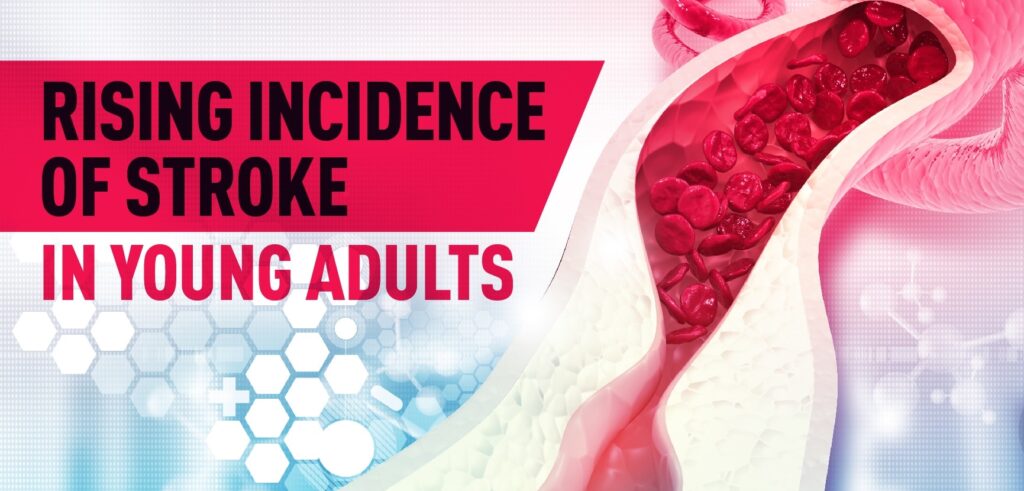Based on the results of the LAVENDER trial, the U.S. Food and Drug Administration (FDA) has granted fast-track status and orphan drug designation to trofinetide for Rett syndrome (RTT). The drug has also received a rare pediatric disease designation from the agency. A decision is expected from the FDA by March 12, 2023, on what could be the first-ever therapy to treat the core symptoms of RTT in pediatric and adult patients.
In November 2022, trial results were announced by Acadia Pharmaceuticals for the Phase 3 LAVENDER trial (NCT04181723) investigating trofinetide, a synthetic analog of glycine–proline–glutamate, the N-terminal tripeptide of insulin-like growth factor 1. The novel drug showed modest but promising clinical benefits in Rett syndrome (RTT), a debilitating neurodevelopmental disorder with no currently approved treatments.
Study Design
Phase 3 LAVENDER was a double-blind, randomized, placebo-controlled trial that investigated the use of trofinetide in 189 female subjects aged 5-20 years old with RTT. After the 12 weeks of study, significant differences in two co-primary endpoints and a key secondary endpoint were seen with trofinetide versus placebo:
- Co-Primary Endpoint: RSBQ. The Rett Syndrome Behavior Questionnaire (RSBQ) is a 45-item caregiver-completed scale that reflects observed behavioral and emotional RTT symptoms. On the RSBQ, scores dropped by 5.1 points for trofinetide and 1.7 points for placebo from baseline to week 12.
- Co-Primary Endpoint: CGI-I. The Clinical Global Impression of Improvement (CGI-I) scale is a clinician-rated measure of RTT symptoms, with scores ranging from 1 (very much improved) to 7 (very much worse). Clinical domains of the CGI-I include communication, ambulation, hand use, seizures, attentiveness, and social (eye contact) and autonomic (breathing) aspects. On this scale, scores were 3.5 for trofinetide and 3.8 for placebo at week 12.
- Secondary Endpoint: CSBS-DP-IT Social. The Social Composite score from the Communication and Symbolic Behavior Scales Developmental Profile Infant-Toddler Checklist (CSBS-DP-IT Social) yields a composite score of 13 items as rated by caregivers. It is used to assess the development of social, verbal, and symbolic behaviors in infants and young children 6-24 months of age. The change of score on this measure from baseline to week 12 was -0.1 for trofinetide and -1.1 for placebo.
Adverse Effects of Trofinetide
Although the results of the LAVENDER trial demonstrated the potential of trofinetide in the treatment for RTT as demonstrated by the endpoint measures, the authors noted that the rate of treatment discontinuation related to emergent adverse events was higher in the trofinetide arm than in the placebo arm. The most common adverse events reported by participants taking trofinetide were:
- Diarrhea. 80.6% of the trofinetide group experienced diarrhea (almost all mild-to-moderate), compared to 19.1% of the placebo group.
- Vomiting. 26.9% of the trofinetide group experienced vomiting, compared to 9.6% of the placebo group.
- Serious adverse events. 3.2% of subjects in both groups experienced serious treatment-emergent adverse events.
Next Steps
More than 95% of the 189 subjects enrolled in LAVENDER elected to continue trofinetide after completion of the trial or participate in the 40-week, open-label Lilac and Lilac-2 expansion studies.
Conclusion
Not only is LAVENDER the first Phase 3 study to meet primary endpoints in RTT, but it is also one of the first successful Phase 3 trials in any neurodevelopmental disorder. Its success represents the possibility for late-stage trials in other neurodevelopmental conditions and provides hope for caregivers and patients living with RTT. The FDA’s decision in March 2023 will be anticipated by researchers, clinicians, patients, and families.
Sources:
- https://www.gentolexgroup.com/news/acadia-trofinetide-phase-iii-clinical-top-line-results-positive/
- https://www.neurologylive.com/view/trofinetide-as-an-option-rett-syndrome-treatment
- https://www.marketscreener.com/quote/stock/ACADIA-PHARMACEUTICALS-IN-8222/news/Acadia-Trofinetide-Phase-III-Clinical-Top-Line-Results-Positive-42335045/
- https://www.sciencedirect.com/science/article/pii/S1551714422000301


